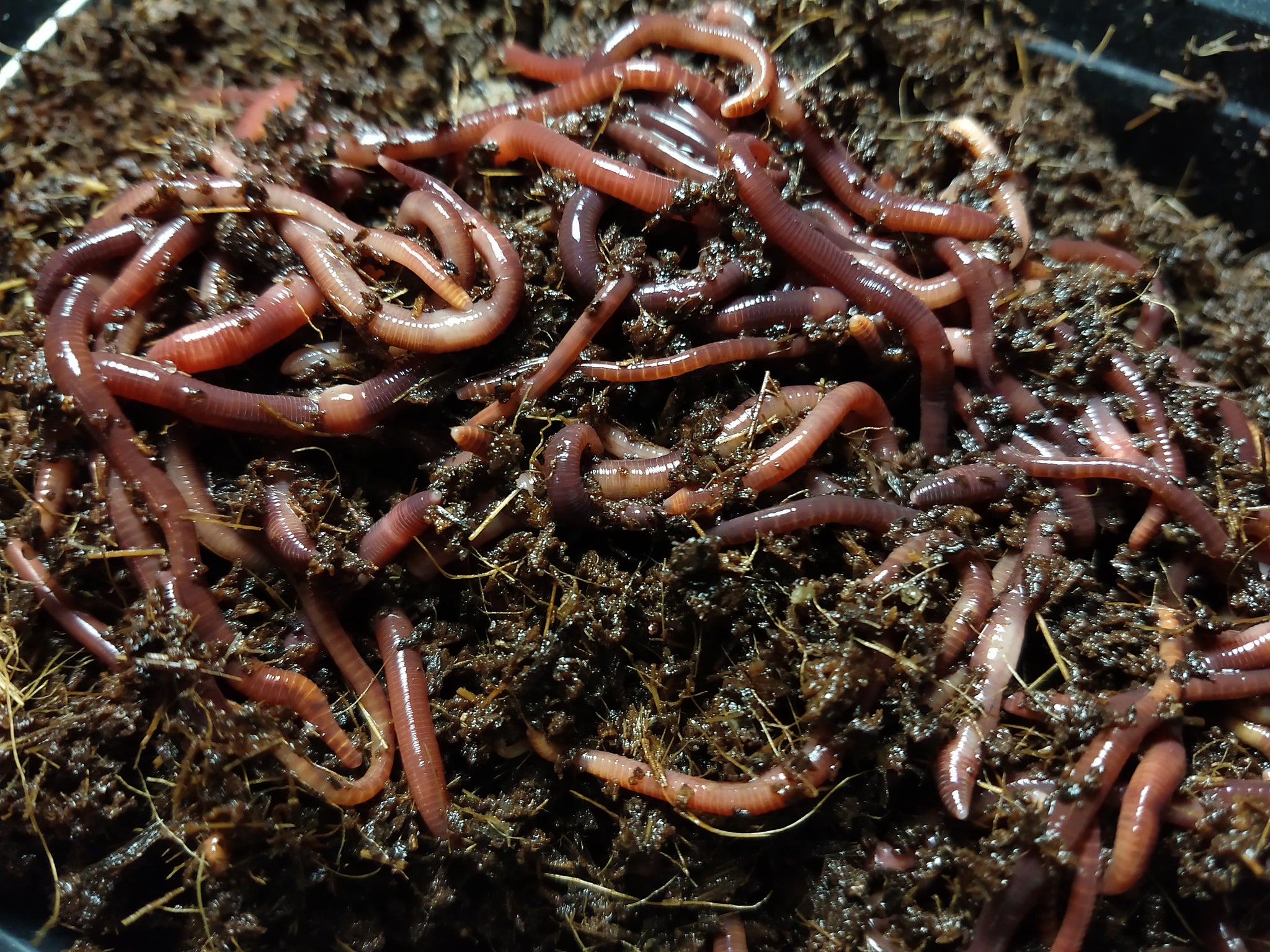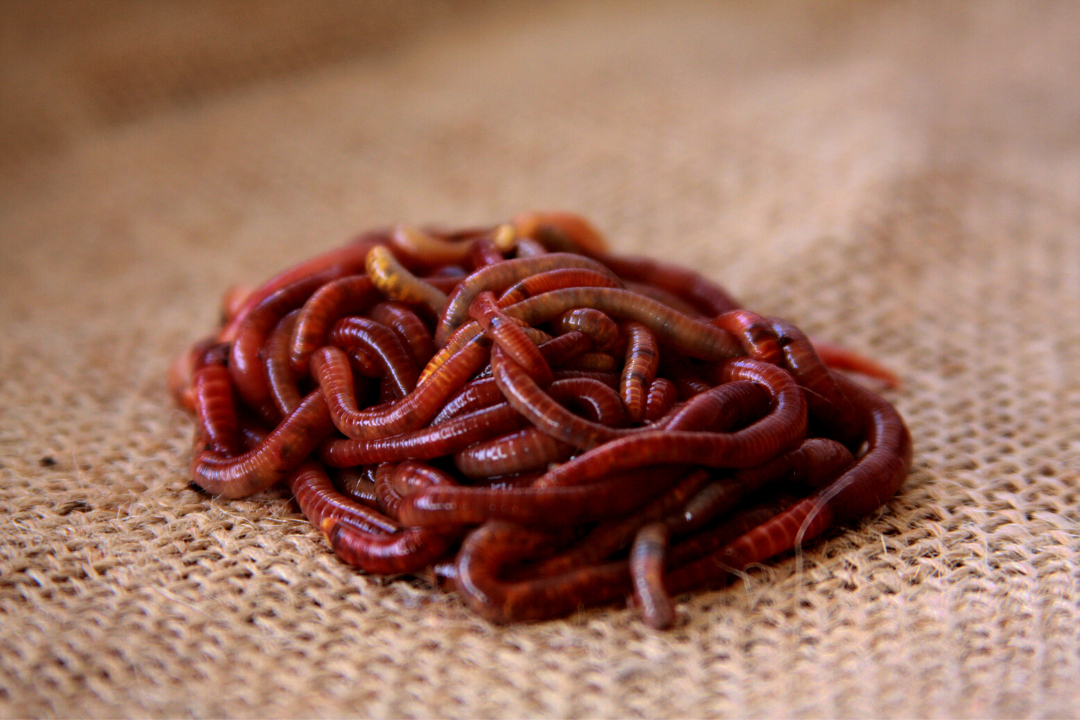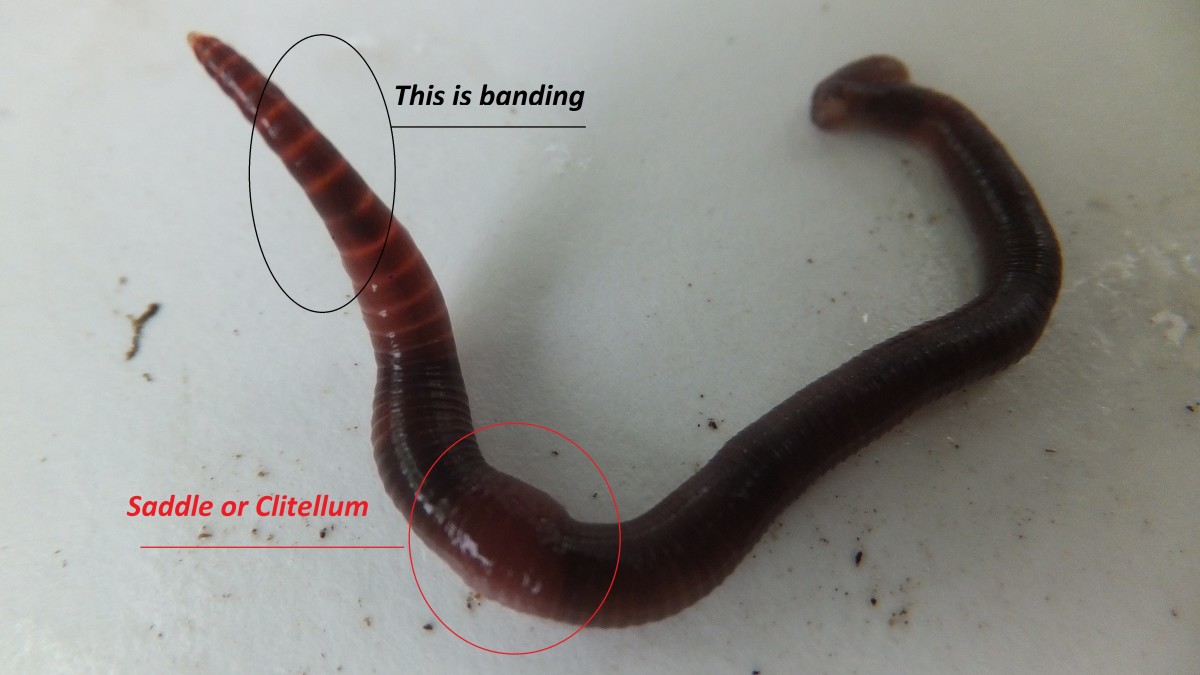Open the Secrets of Red Wigglers: Your Guide to Composting Success
The combination of red wigglers right into composting methods provides a substantial possibility for boosting dirt health and promoting sustainability. These organisms are not merely efficient recyclers of natural waste; they offer a myriad of advantages that can transform garden management. Understanding their needs and actions is crucial for optimizing their potential, from establishing a suitable worm bin to feeding them the right products. As we discover the crucial parts of effective vermicomposting, one might wonder just how these tiny creatures can result in a more vibrant and effective garden environment.

What Are Red Wigglers?
(Lake Hickory Bait)Red wigglers, medically understood as Eisenia fetida, are a species of earthworm largely used in composting due to their exceptional ability to break down raw material efficiently. These worms are identified by their reddish-brown pigmentation and a fractional body, generally gauging between 3 to 4 inches in size. Unlike various other earthworm varieties, red wigglers flourish in abundant, organic atmospheres, making them perfect for vermicomposting systems.
Indigenous to North America, they are frequently located in decaying leaves and garden compost piles, where they play a critical function in nutrient recycling. Their adjustment to residing in a wet, aerobic atmosphere enables them to consume large amounts of organic waste, simplifying right into nutrient-rich spreadings that improve dirt health and wellness.
Red wigglers duplicate rapidly, with a solitary worm capable of creating several cocoons every week, each containing several hatchlings. This fast recreation rate contributes to their efficiency in composting procedures. They prefer temperatures in between 60 ° F and 80 ° F, and their task degree increases substantially within this array, further helping in the disintegration procedure. Understanding the biology and behavior of red wigglers is vital for optimizing their possibility in composting applications.
Advantages of Making Use Of Red Wigglers
Using the power of red wigglers in composting supplies numerous advantages that boost dirt wellness and advertise lasting waste monitoring. These impressive microorganisms successfully damage down organic matter, transforming kitchen area scraps and backyard waste right into nutrient-rich vermicompost. This completed product is extremely advantageous for plant growth, as it improves dirt framework, raises moisture retention, and boosts vitamins and mineral accessibility.

(Red Wiggler Express)Furthermore, the visibility of red wigglers in your composting system can speed up the composting process, generating top notch compost in a portion of the time compared to typical techniques. The spreadings created by these worms are also including helpful microorganisms that better enhance the soil ecological community.
Establishing Your Worm Container
Producing a reliable worm bin is a straightforward process that can significantly improve your composting initiatives. The primary step is choosing an appropriate container. Worm bins can be made from plastic storage space containers, wooden boxes, or commercially available worm containers. Make certain the bin has ample drainage and air flow openings to maintain optimal dampness levels and air flow.
Following, prepare the bed linen material, which serves as the worms' habitat. A mix of shredded newspaper, cardboard, and coconut coir works well, supplying a comfy setting for the worms.

Feeding Your Red Wigglers
To ensure the wellness and efficiency of your red wigglers, it is vital to offer them with a well balanced diet plan that meets their nutritional needs. Red wigglers prosper on a diverse selection of natural materials, which not just supply essential nutrients however likewise advertise efficient composting.
Beginning by integrating kitchen scraps such as veggie peels, fruit cores, and coffee grounds. Prevent citrus fruits, onions, and garlic, as these can be harmful to worm wellness. Additionally, present shredded paper, cardboard, and dry leaves to produce a well-aerated environment.
Feeding regularity should be kept an eye on; generally, worms can take in half their body weight in food weekly. It is essential to prevent overfeeding, as excess food can lead to unpleasant smells and draw in parasites. A good method is to include food in percentages, permitting worms to process it prior to presenting more.
Preserving dampness levels is likewise essential; the bedding ought to be wet but not soggy. Be certain to frequently inspect the temperature and pH levels of the container to ensure an ideal atmosphere for your red wigglers, inevitably improving their composting effectiveness.
Harvesting and Making Use Of Garden Compost
A successful composting procedure with red wigglers culminates in the rich, dark compost known as vermicompost, which can considerably improve soil wellness and plant development. Harvesting this nutrient-dense material normally takes place every 3 to 6 months, depending on the size of your system and the quantity of natural matter being processed.
To gather, gently different the compost from the worms and any undecomposed products. One effective approach includes moving the materials of the bin away and adding fresh bed linens and food to the void, encouraging the worms to move. After a couple of days, the compost can be gathered from the contrary side.
It is vital to make use of vermicompost properly to optimize its advantages. It can be made use of as a leading dressing for yard beds, blended into potting dirt, or brewed right into a nutrient-rich liquid plant food called "worm tea." This application technique assists to deliver important nutrients directly to plant roots, promoting much healthier development. By including vermicompost right into your horticulture routine, you Red Wiggler Express not only recycle natural waste however also develop a growing environment that supports lasting horticulture practices.
Conclusion
In recap, red wigglers serve as remarkable allies in composting efforts, transforming natural waste into nutrient-rich vermicompost. By understanding the optimal conditions for their environment, feeding requirements, and compost harvesting strategies, garden enthusiasts can enhance dirt wellness and advertise plant vitality.